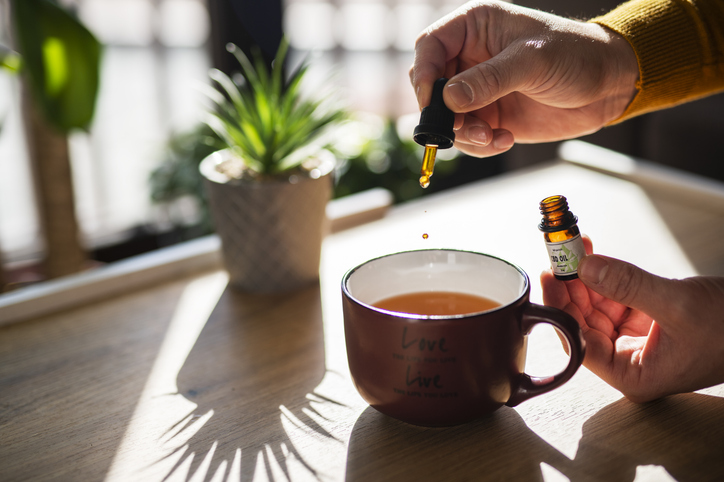- 4 Oct 2025

Cannabidiol (CBD) oil is widely recognized for its potential therapeutic benefits, ranging from pain relief to reducing anxiety. As the popularity of CBD continues to rise, many people wonder whether it can help alleviate common cold symptoms. While CBD oil isn’t a cure for colds, it may provide relief for certain symptoms. Let’s explore how CBD oil might help with colds and what to consider before using it.
CBD oil is a product derived from the cannabis plant. Unlike THC (tetrahydrocannabinol), CBD is non-psychoactive, meaning it won’t make you feel “high.” It interacts with the body’s endocannabinoid system (ECS), which plays a role in regulating various functions, including immune response, inflammation, and sleep.
While there’s no direct evidence that CBD oil can cure or prevent colds, it may help manage specific symptoms associated with colds:
Colds often cause inflammation in the nasal passages and throat, leading to discomfort. CBD is known for its anti-inflammatory properties, which may help reduce swelling and ease breathing.
Sore throats, headaches, and body aches are common cold symptoms. CBD interacts with receptors in the ECS that regulate pain, potentially providing relief.
Getting adequate rest is crucial for recovery from a cold. CBD’s calming effects may help improve sleep quality by reducing anxiety and promoting relaxation.
Some studies suggest that CBD has immunomodulatory effects, meaning it can influence immune system activity. While this might help the body respond to cold symptoms, more research is needed to confirm this benefit.
If you’re considering using CBD oil to manage cold symptoms, here are some tips:
Begin with a low dose and gradually increase until you find the amount that works best for you. Consult with a healthcare provider for personalized guidance.
Take CBD oil before bed to help with sleep or during the day to manage pain and inflammation.
CBD oil can be used alongside traditional cold remedies like hydration, rest, and over-the-counter medications.
While CBD is generally considered safe, some people may experience side effects, including:
If you’re taking medications or have a medical condition, consult your doctor before using CBD oil, as it can interact with certain drugs.
If your cold symptoms persist for more than 10 days, worsen over time, or include high fever, chest pain, or difficulty breathing, seek medical attention. CBD oil should not replace conventional treatments for severe illnesses.
CBD oil may help alleviate certain cold symptoms, such as inflammation, pain, and sleep disturbances. However, it’s not a cure for colds, and its effectiveness can vary from person to person. Always consult with a healthcare professional before incorporating CBD oil into your wellness routine, especially when managing cold symptoms.